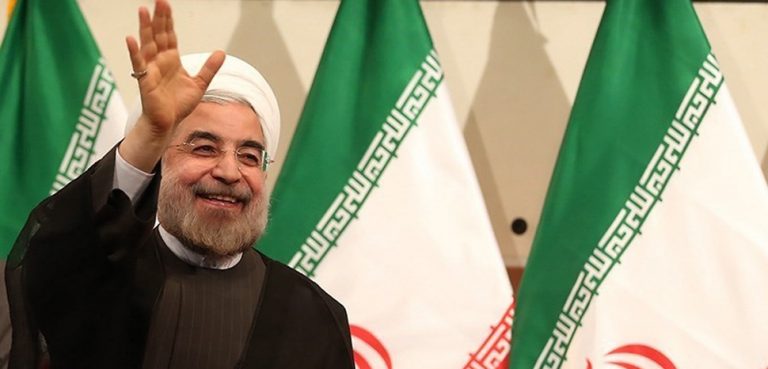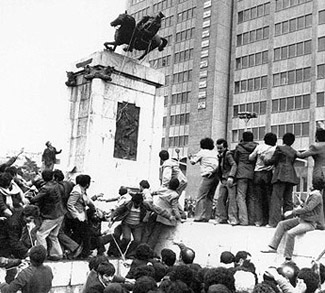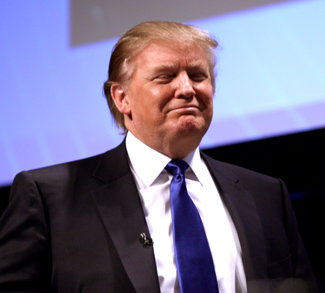Iran’s president, Ebrahim Raisi, and several other dignitaries were killed in a helicopter crash on May 19. Among the casualties were Foreign Minister Hossein Amir-Abdollahian, Ayatollah Mohammad Ali Ale-Hashem, the Supreme Leader’s representative in East Azerbaijan, Governor General Malek Rahmati, and Brigadier General Mohammad Mehdi of the Islamic Revolutionary Guard Corps (IRGC).
When an Iranian leader dies, the first countries to point a finger at are the United States and Israel. However, neither has taken responsibility for the incident, despite both having recently killed high-ranking IRGC officers, which Washington made public. It thus appears very likely that the president’s death was an accident. The Bell 212 helicopter he was flying on, roughly 40-50 years old, was a US-made helicopter left over from before the Islamic Revolution. Due to sanctions, Iran cannot buy replacement parts, likely leading to improper maintenance. Additionally, helicopter pilot positions in Iran often go to those with better connections rather than better training, making pilot error another possible factor. The weather was foggy, and the helicopter should probably have been grounded. However, it is not unusual in foreign militaries for officers to override standard procedures to avoid delays. In this case, they were on their way to an inauguration ceremony for a major infrastructure project, so the pilot might have felt pressure to fly despite the dangerous conditions.
For the world and some of the people of Iran, Raisi’s death may not be seen as a loss. He was elected president in 2021 in what observers described as a predetermined election. Previously, he served as Iran’s attorney general and head of the judiciary, earning the nickname “the butcher of Tehran.” In 1988, Raisi was a deputy prosecutor in Tehran and a member of the “death commission,” which oversaw the executions of thousands of political prisoners, many from opposition groups like the People’s Mojahedin Organization of Iran (PMOI). As president, he presided over the violent repression of protesters in 2022, resulting in 500 deaths. Consequently, he was sanctioned by the United States for egregious human rights violations.




